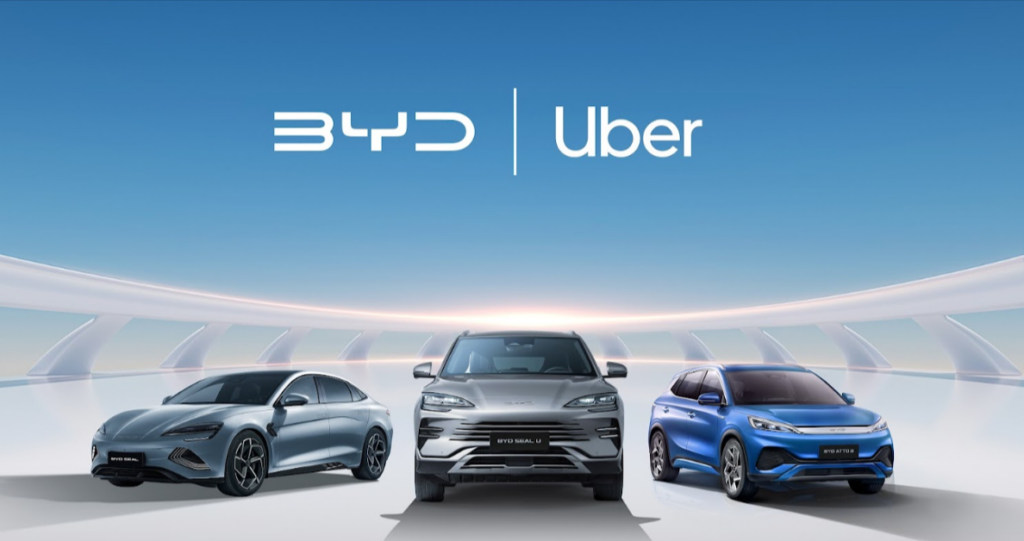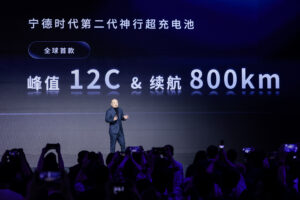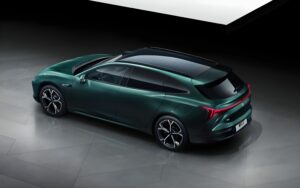
BYD’s global ambitions to turn the world electric have gained a significant boost thanks to a tie-up with ride-hailing giant Uber that aims to get more drivers into their cars.
The deal, which aims to get as many as 100,000 BYDs onto the Uber platform across the world, will give Uber drivers best-in-class pricing and financing on BYD products as well as potential discounts on charging, maintenance, and insurance, as well as financing and leasing offers.
BYD’s expansion to global markets over the last two years has been unprecedented with sales channels opening up across Europe, Asia, Australia, Latin America, and beyond.
Looking to further drive home their advantages on price and product range by tapping the lucrative ride-hailing market is a natural step, given BYD has already seen success at home with getting their models into the hands of local ride-hailing drivers, and could be a deft move to increase brand awareness too.
Research shows that Uber drivers are turning to the cost and environmental benefits of EVs five times faster than private buyers but availability and pricing have been barriers to switching, so this deal aims to remove those hurdles with BYDs known for being more affordable, easier to maintain, and perhaps more importantly they have the capacity to ensure parts shortages won’t be an issue.
Uber, for its part, has the world’s most widely available on-demand EV network and has a similar arrangement with Tesla in North America, so BYD stealing a march on their American rival with a global partnership is a significant coup.
The deal will start in Europe and Latin America first before expanding into the Middle East, Canada, Australia, and New Zealand, with Canada being the notable market there, following on from the announcement that BYD aims to sell cars there in the near future.
With the US market seemingly off-limits to most Chinese makers thanks to 100% tariffs on imported vehicles, the pincer attack of BYD entering both Mexico and Canada could have interesting consequences going forwards.
As a side note to the main release, it was also mentioned that the two companies will collaborate on BYD autonomous-capable vehicles for deployment on the Uber platform.
Given BYD’s current significant deficit to local rivals on autonomous technology, it’s hard to see this being a short-term achievement, although it was recently announced that BYD’s Fangchengbao brand will use Huawei’s autonomous technology, so this could be the start of a potential deepening of that collaboration.



